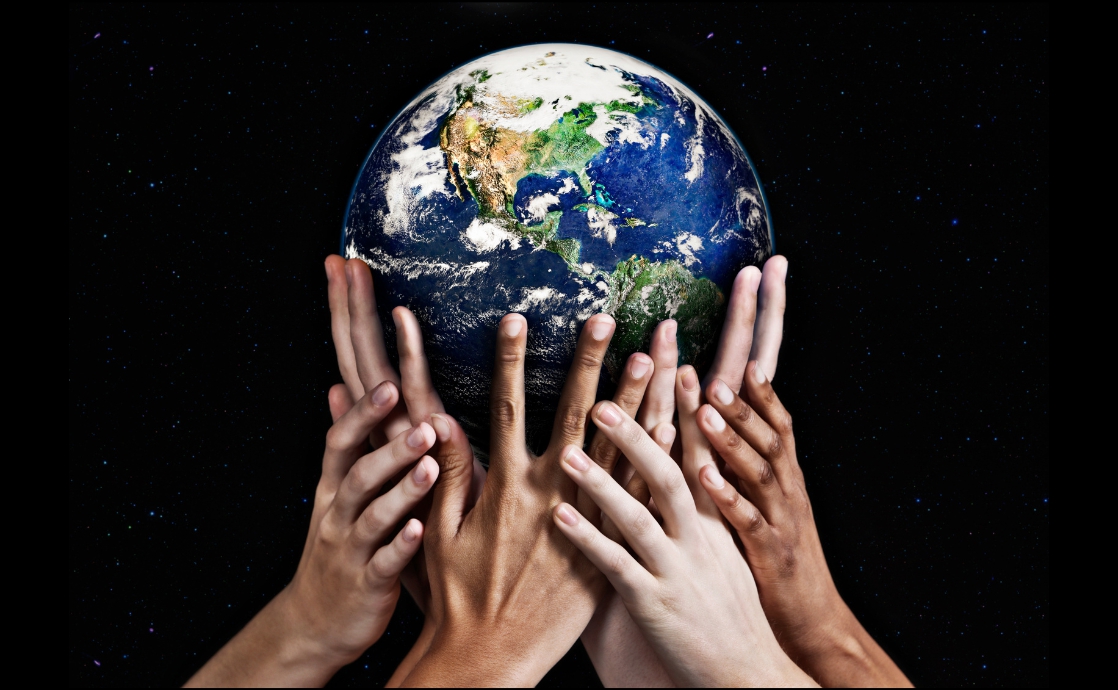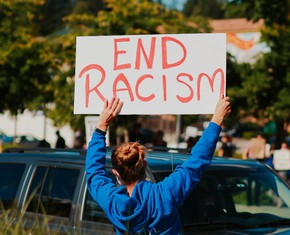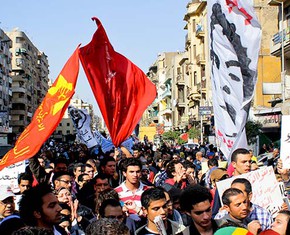The views expressed in our content reflect individual perspectives and do not represent the authoritative views of the Baha'i Faith.
In his prescription for a united world, Baha’u’llah envisioned the advent of a constellational global upright governmentality that would bring the nations together in a single federated system.
Shoghi Effendi, the Guardian of the Baha’i Faith, wrote that this global upright vision:
… implies the establishment of a world commonwealth … whose members will, as the trustees of the whole of mankind, ultimately control the entire resources of all the component nations, and will enact such laws as shall be required to regulate the life, satisfy the needs and adjust the relationships of all races and peoples.
Shoghi Effendi further explained that this kind of commonwealth would require a “… world federal system, ruling the whole earth and exercising unchallengeable authority …” over its resources, its sovereignty, and its war-making powers.
RELATED: Foucault, Baha’u’llah, and the Politics of International Relations
On the other hand, and at the same time, Shoghi Effendi pointed out that this mode of global governmentality would need to ensure that “… the autonomy of its state members and personal freedom and initiative of the individuals that compose them are definitely and completely safeguarded.”
This kind of global governance serves the interests of a lasting global peace, a well-managed system of global trade, the resolution of global refugee and hunger crises, the eradication of the extremes of global wealth and poverty, and effective transnational solutions to major worldwide issues like species extinction and climate change.
In an increasingly more interdependent world, Baha’is believe, our evolution toward global governance is inevitable.
Within the twin areas of governance and action through policy initiatives, this implies, in the words of the Baha’i International Community (BIC) a “collective decision-making that maximizes participation by all segments of the community and seeks to arrive at the truth of a given matter.” This means a local and global union from which a “consensus must [emerge] … [regarding] the role that governance [should] assume in promoting the … well-being of all members of society [and] that of human agency in [local and global governance].”
In this sense, we, the peoples of the world, must reorient our governance, as the BIC wrote, “to provide for the meaningful participation of citizens in the conceptualization, design, implementation and evaluation of programs and policies that affect them.”
Baha’u’llah’s “perfect” or “upright” conduct towards governmentality is inspired by, indeed predicated upon, a single overriding truth regarding the twin categories of global politics and global governance, namely “the oneness of humanity,” a truth that all the human sciences now confirm. Baha’u’llah wrote:
The Prophets of God should be regarded as physicians whose task is to foster the well-being of the world and its peoples, that, through the spirit of oneness, they may heal the sickness of a divided humanity.
The knowledge-principle embedded in this truth serves as a modus operandi for an emerging system of global upright conduct capable of forming and informing a new world order. Baha’u’llah’s global governmentality is intended, first and foremost, to achieve a lasting, all-inclusive universal peace, as expressed in this lyrical tablet from Abdu’l-Baha:
The time has arrived for the world of humanity to hoist the standard of the oneness of the human world, so that solidarity and unity may bind together all the nations of the world, so that dogmatic formulas and superstitions may end, so that the essential reality underlying all the religions founded by the Prophets may be revealed.
That Reality is one.
It is the love of God, the progress of the world, the oneness of humanity.
That Reality is the bond which can unite all the human race.
That Reality is the attainment of the benefits of the most great peace, the discarding of warfare.
That Reality is progressiveness, the undertaking of the colossal tasks in life, the oneness of public opinion.
Therefore strive, O ye people! and put forth your efforts that this Reality may overcome the lesser forces in life, that this King of Reality may alone rule all humanity.
Thus may the world of mankind be reformed. Thus may a new springtime be ushered in and a fresh spirit may resuscitate mankind.
The individuals of humanity, like refreshed plants, will put forth leaves and blossoms and fruit, so that the face of the earth will become the long promised and delectable paradise, so that the great bestowal, the supreme virtues of man will glisten over the face of the earth. Then shall the world of existence have attained maturity.
RELATED: Global Governmentality: A Conversation Between Foucault and Baha’u’llah
In this domain of upright governmentality, Baha’u’llah’s teachings go beyond Foucault’s work by introducing a post-partisan formula for governing the people of the Earth.
In doing so, Baha’u’llah debunks the political pieties informing the prevailing mentalities, discourses, and practices that underpin the present, purely materialist world order and international relations, transcending Foucault’s concept of political spirituality, in this case by opening up a spiritual dimension in the politics of international relations.
















Comments
Sign in or create an account
Continue with Googleor